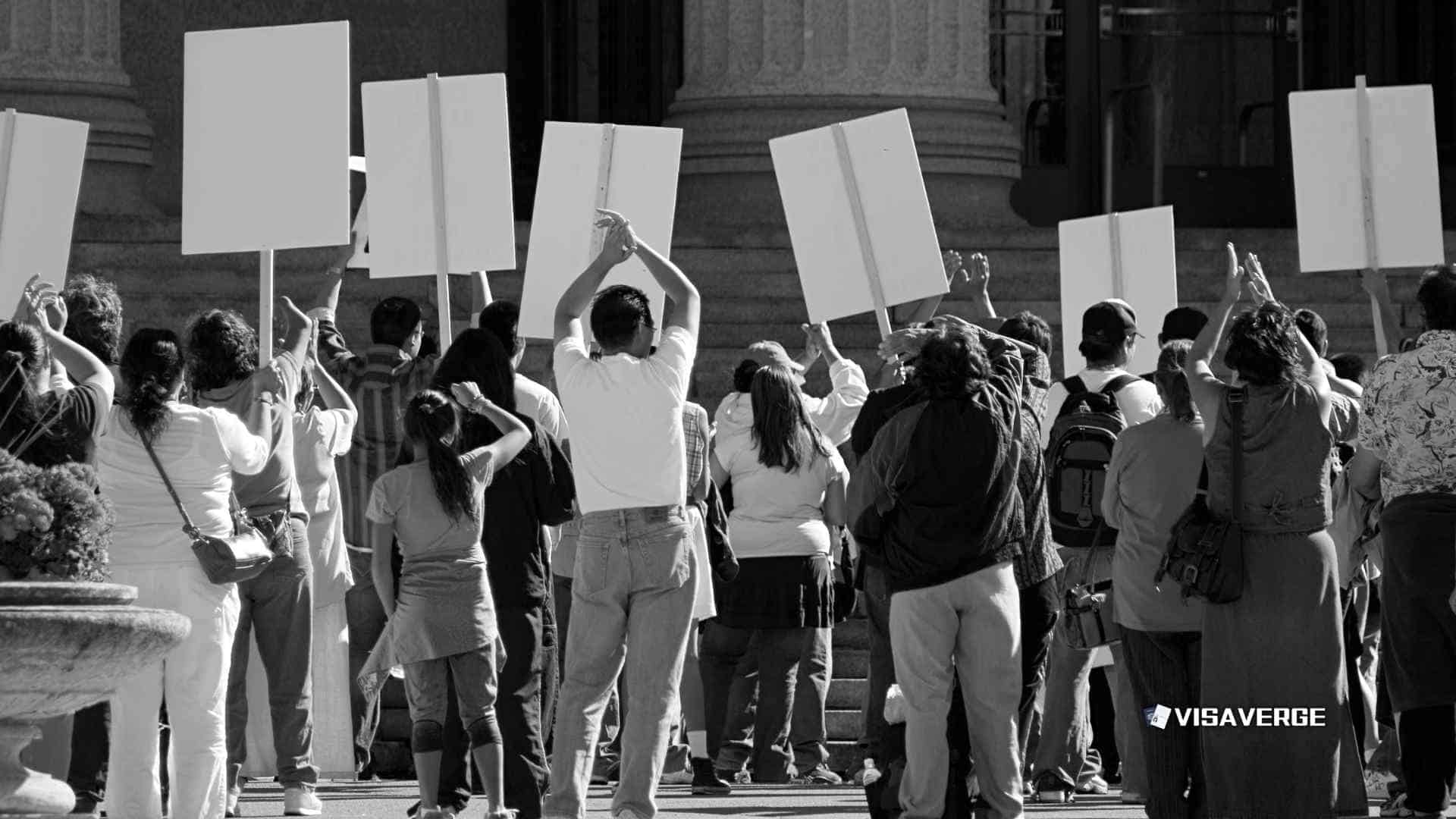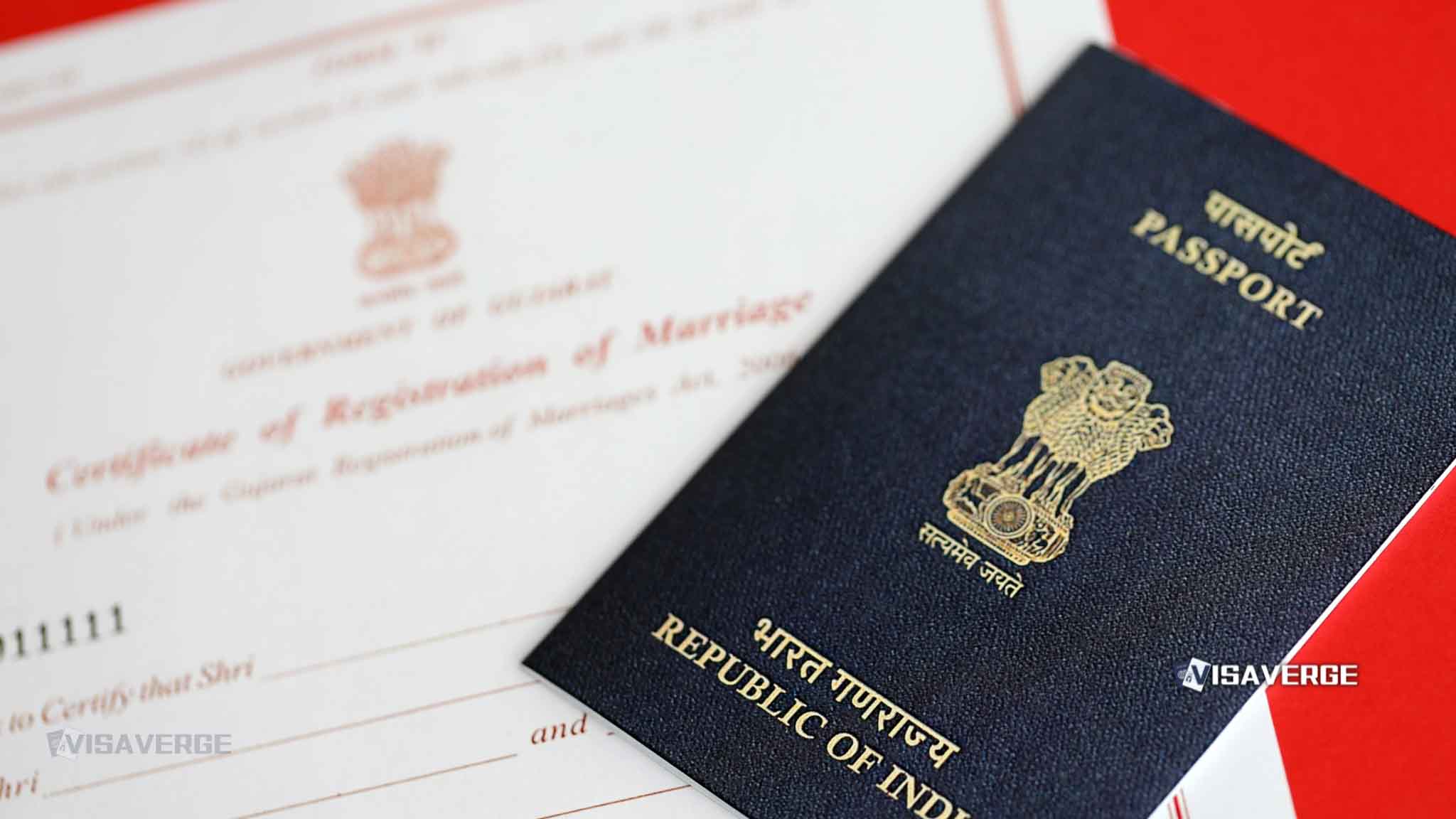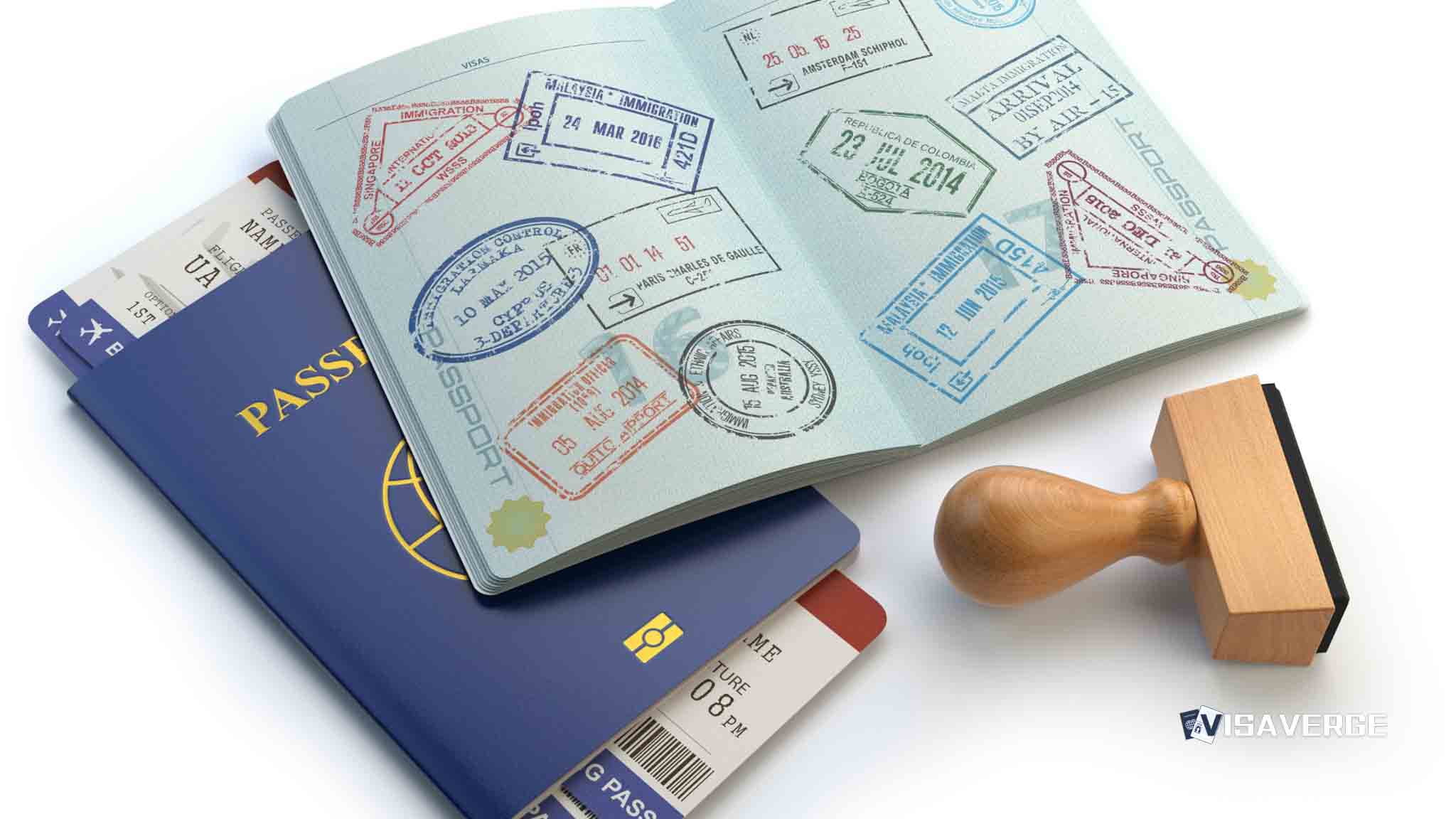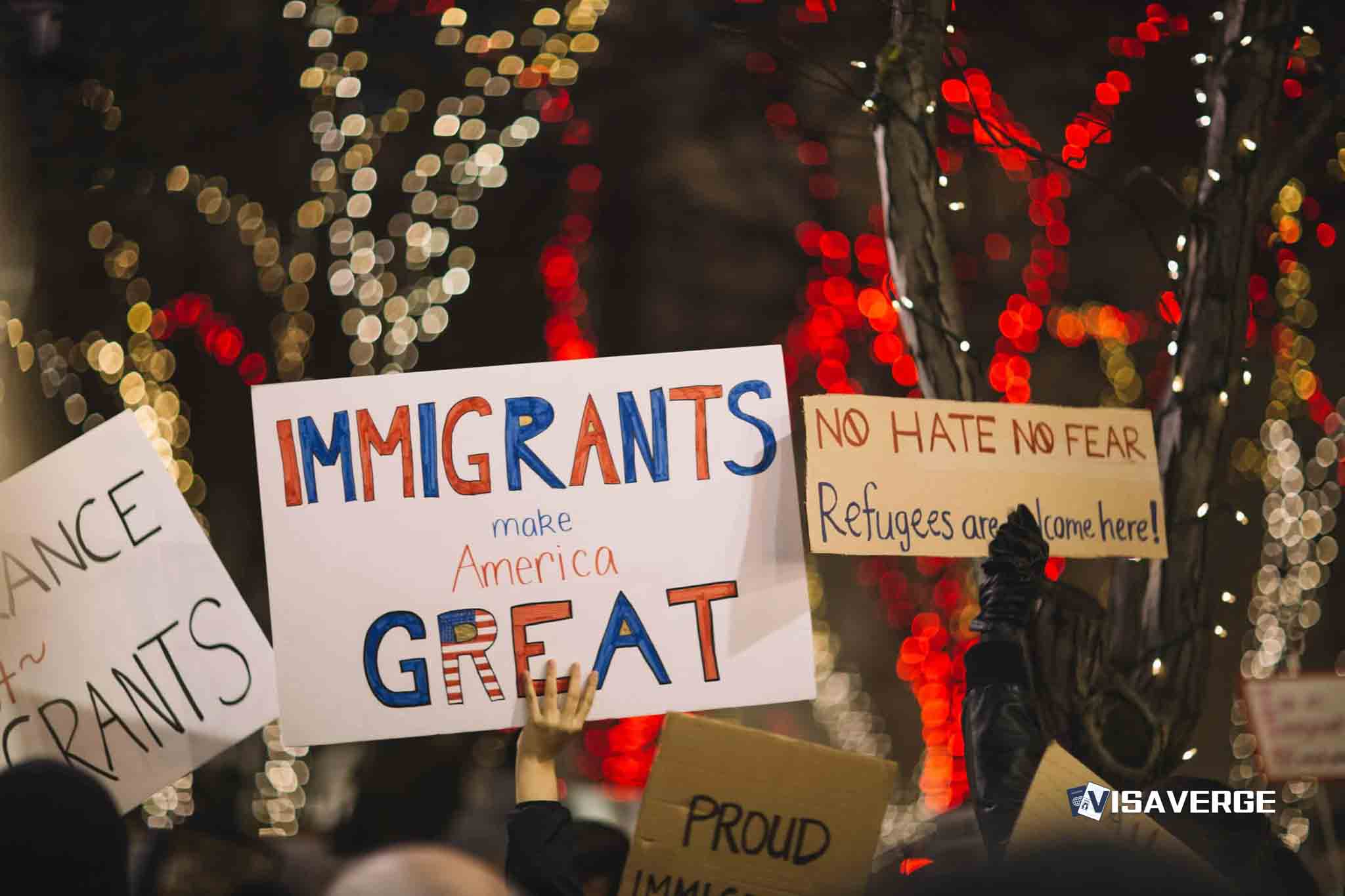The summer of 2025 brought a wave of ICE raids to Los Angeles, shaking the city and leaving deep effects that continue to shape daily life, legal battles, and political debates. As of August 2, 2025, the aftershocks from these events remain strong, with ongoing court fights, community fears, and changes in how local and federal authorities interact.
Aggressive ICE Raids Spark Protests and Military Response

In early June 2025, Immigration and Customs Enforcement (ICE) began a series of aggressive raids across Los Angeles. These actions targeted people suspected of living in the United States 🇺🇸 without legal status. The raids quickly drew national attention, sparking large protests starting June 6. Demonstrators clashed with law enforcement and federal agents, leading President Trump to send in the California National Guard and U.S. Marines to help control the situation. The deployment began with 2,000 National Guard members and later grew to 4,000, along with 700 Marines. This marked one of the largest military responses to immigration enforcement in recent U.S. history.
Legal Pushback and Court Orders
The legal landscape changed quickly after the raids began. Many community groups and city leaders argued that ICE was stopping people based on their race, language, or where they lived, which raised serious constitutional concerns. In response, a federal judge issued a temporary restraining order that stopped ICE from making random immigration stops in Los Angeles and nearby areas. The judge said that these actions could lead to racial profiling and unlawful detentions, which are not allowed under the U.S. Constitution.
The U.S. Court of Appeals for the Ninth Circuit later upheld this order, making it clear that ICE agents must have a good reason—called “reasonable suspicion”—before they can stop or detain someone. The court also said that agents cannot arrest people just because of their race, ethnicity, language, where they are, or what job they have. This ruling was seen as a big win for immigrant rights groups and city officials.
Los Angeles Mayor Karen Bass welcomed the decision, saying it “affirms the rule of law and should help reduce fear in our immigrant communities.” She also started a working group to review how the Los Angeles Police Department (LAPD) handles immigration issues, hoping to rebuild trust between police and residents.
Continued Enforcement Despite Court Limits
Even with the court’s restrictions, ICE and Customs and Border Protection (CBP) have kept up a strong presence in Los Angeles. Raids continue at places like courthouses, markets, and even near Dodger Stadium. Border Patrol agents, led by Gregory Bovino, chief of the El Centro Sector, have joined ICE in these operations. Bovino is known for his tough approach to immigration enforcement, which has drawn both praise and criticism.
These ongoing operations have led to overcrowded detention centers. Reports from advocacy groups describe poor conditions for detainees, including not enough food, water, or medical care. Some families say they have gone days without hearing from loved ones who were picked up in the raids.
LAPD’s Role and Community Tensions
The LAPD officially limits its cooperation with ICE under a policy known as Special Order 40. This rule is meant to help build trust so that immigrants feel safe reporting crimes without fear of being turned over to federal authorities. However, during the recent ICE raids, LAPD officers have provided crowd control and security. Some community members and civil rights groups see this as silent support for ICE, which has made many immigrants feel less safe around local police.
Mayor Bass has responded by launching a review of LAPD’s policies. She wants to make sure the department’s actions match its promise to protect all residents, regardless of immigration status. This review is ongoing, and many in the community are watching closely to see if real changes will follow.
Political and Social Fallout
The ICE raids and the protests that followed have divided both Los Angeles and the country. California Governor Gavin Newsom has strongly opposed the federal government’s actions. He filed a lawsuit against the Trump administration, arguing that using the California National Guard for immigration enforcement is an abuse of power and politically motivated. Governor Newsom said, “This is not about public safety. This is about politics and fear.”
On the other side, federal officials like DHS Secretary Kristi Noem and Border Patrol Chief Gregory Bovino defend the raids as necessary to enforce immigration laws and protect the country. They argue that strong action is needed to address what they call a crisis at the border and in major cities like Los Angeles.
Immigrant advocacy groups, such as the Immigrant Defenders Law Center, continue to speak out against the raids. They provide legal help to those detained and push for changes to federal policies. These groups say the raids are “indiscriminate and harmful,” especially for families and children.
Key Numbers and Data
- Since January 2025, ICE has detained 587 people who were released from California prisons. This shows close coordination between state prisons and federal immigration authorities.
- The initial military response included 2,000 California National Guard members, later increased to 4,000, plus 700 Marines.
- Detention centers in the Los Angeles area have reported overcrowding and poor conditions, with many detainees lacking basic needs.
Legal and Policy Changes
The court rulings have forced ICE to change how it operates in Los Angeles. Agents must now show reasonable suspicion before stopping or detaining anyone. They cannot base arrests on someone’s race, language, or where they are. These changes are meant to protect civil rights and reduce the fear that many immigrants feel.
However, the Trump administration has said it plans to appeal these court decisions, possibly taking the fight to the Supreme Court. This means the legal battle over ICE raids in Los Angeles is far from over.
Community Impact and Personal Stories
For many families in Los Angeles, the fear of ICE raids has become a daily reality. Some parents are afraid to take their children to school or go to work. Local businesses report fewer customers, especially in neighborhoods with large immigrant populations. Community centers and churches have become safe spaces, offering legal advice and support to those at risk of detention.
One mother, who asked not to be named, said, “Every time I hear a siren or see a police car, my heart stops. I worry about what will happen to my children if I’m taken away.” Stories like hers are common, showing the deep emotional toll these raids have taken.
What Can Affected Residents Do?
- Know Your Rights: Immigrants have the right to remain silent and to ask for a lawyer if detained. They do not have to open the door to ICE agents without a warrant signed by a judge.
- Seek Legal Help: Groups like the Immigrant Defenders Law Center offer free or low-cost legal services. Visit their website at ImmDef.org for more information.
- Stay Informed: The Los Angeles Mayor’s Office provides updates and resources for residents. Official information can be found at lamayor.org.
- Report Problems: If you believe your rights have been violated, contact the DHS Office for Civil Rights and Civil Liberties at dhs.gov/civil-rights.
Looking Ahead: What’s Next for Los Angeles?
The future of immigration enforcement in Los Angeles remains uncertain. The city’s leaders and immigrant advocates hope that the courts’ decisions will help restore a sense of safety and normal life for many families. At the same time, the Trump administration’s plans to challenge these rulings could lead to more legal battles and changes in policy.
Mayor Karen Bass has promised to keep pushing for policies that protect all residents, saying, “Los Angeles is a city of immigrants, and we will not turn our backs on our neighbors.” Governor Newsom’s lawsuit against the federal government also signals that California will continue to resist what state leaders see as overreach by Washington.
Where to Find More Information
For those seeking official updates or needing help, the U.S. Citizenship and Immigration Services (USCIS) website provides information on immigration forms, rights, and services. This is a trusted source for anyone dealing with immigration issues.
As reported by VisaVerge.com, the events of summer 2025 have left a lasting mark on Los Angeles, with legal, social, and political effects that will shape the city for years to come. The story of ICE raids, the California National Guard, and the fight for civil rights continues, reminding everyone of the human side of immigration policy.
Action Steps for Readers
- Stay informed about your rights and local policies.
- Reach out to legal aid organizations if you or someone you know is affected by ICE raids.
- Support community groups working to protect immigrant rights.
- Follow updates from official sources to keep up with changing laws and policies.
The situation in Los Angeles shows how immigration enforcement can affect entire communities, not just individuals. By staying informed and connected, residents can better protect themselves and support each other during uncertain times.
This Article in a Nutshell













